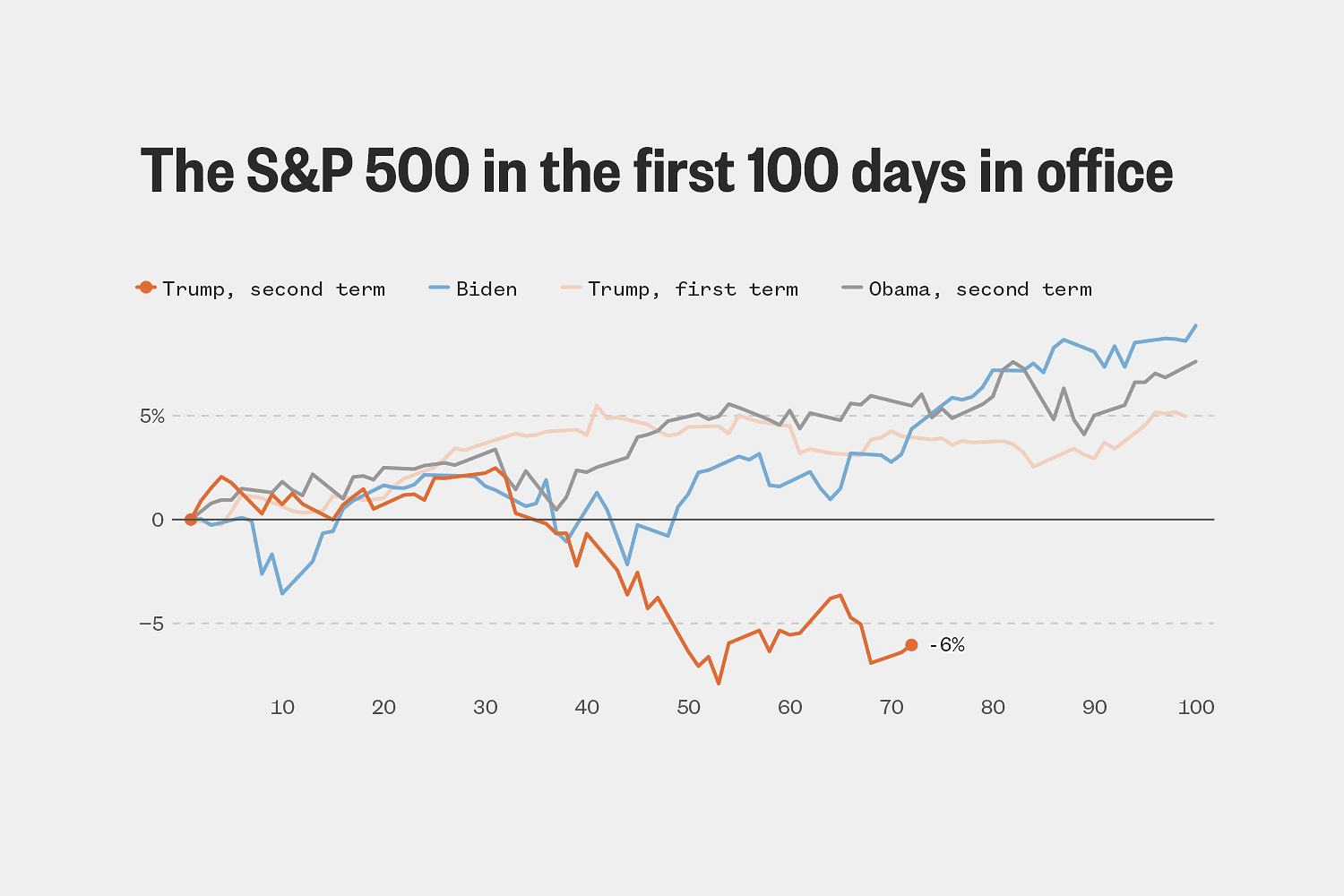
Tariffs raise the cost of doing business outside the United States. Yet even firms that manufacture in the United States can be affected, since many rely on foreign parts and materials as intermediate goods.
Whether consumers ultimately feel the impact of those higher costs can vary by industry and product.
Lots of negotiation occurs among a U.S. importer, an overseas producer and any middlemen before a tariff is collected, said Craig Fuller, CEO of FreightWaves, a supply-chain consultancy.
Some companies, including Target, Best Buy and Hyundai, have said they would pass some of the higher costs of the tariffs along to their customers. Walmart, meanwhile, has sought to pressure its Chinese suppliers to lower their costs in anticipation of the tariffs — and has been met with resistance.
Other companies, especially luxury-goods sellers, charge enormous markups on goods they import into the United States and may ultimately decide they can live with hits to already-high profit margins, Fuller said. Other firms that enjoy large market shares will also decide whether they will absorb higher costs to maintain their dominant positions.
Even for companies that absorb the cost of the tariffs and don’t raise prices, there will still be a cost. Those companies will have less money to invest in growing their businesses, which can have a negative impact on the labor market if it leads to laying off workers or not adding jobs.
Trump has downplayed any impact tariffs would have on prices. Asked about foreign automakers’ raising the price of their vehicles after he announced a 25% tariff on auto imports, Trump said: “I couldn’t care less. I hope they raise their prices, because if they do, people are going to buy American-made cars. We have plenty.”
